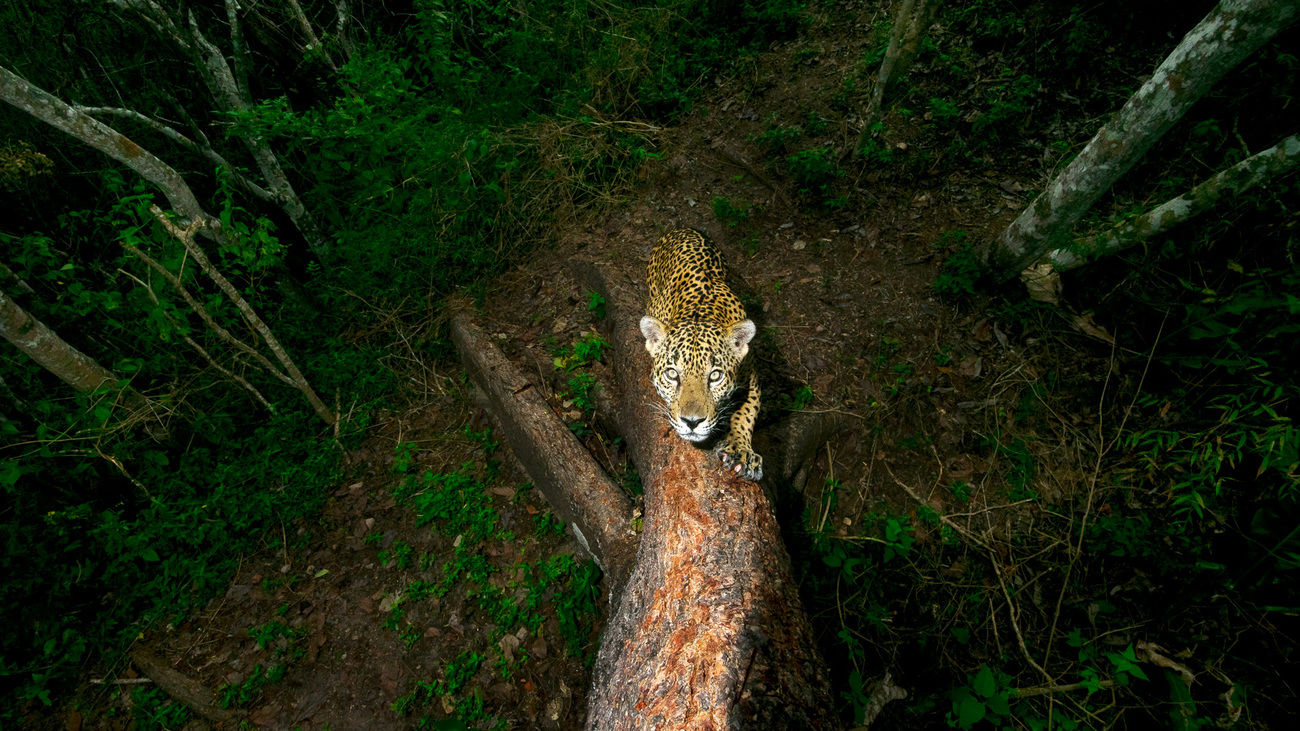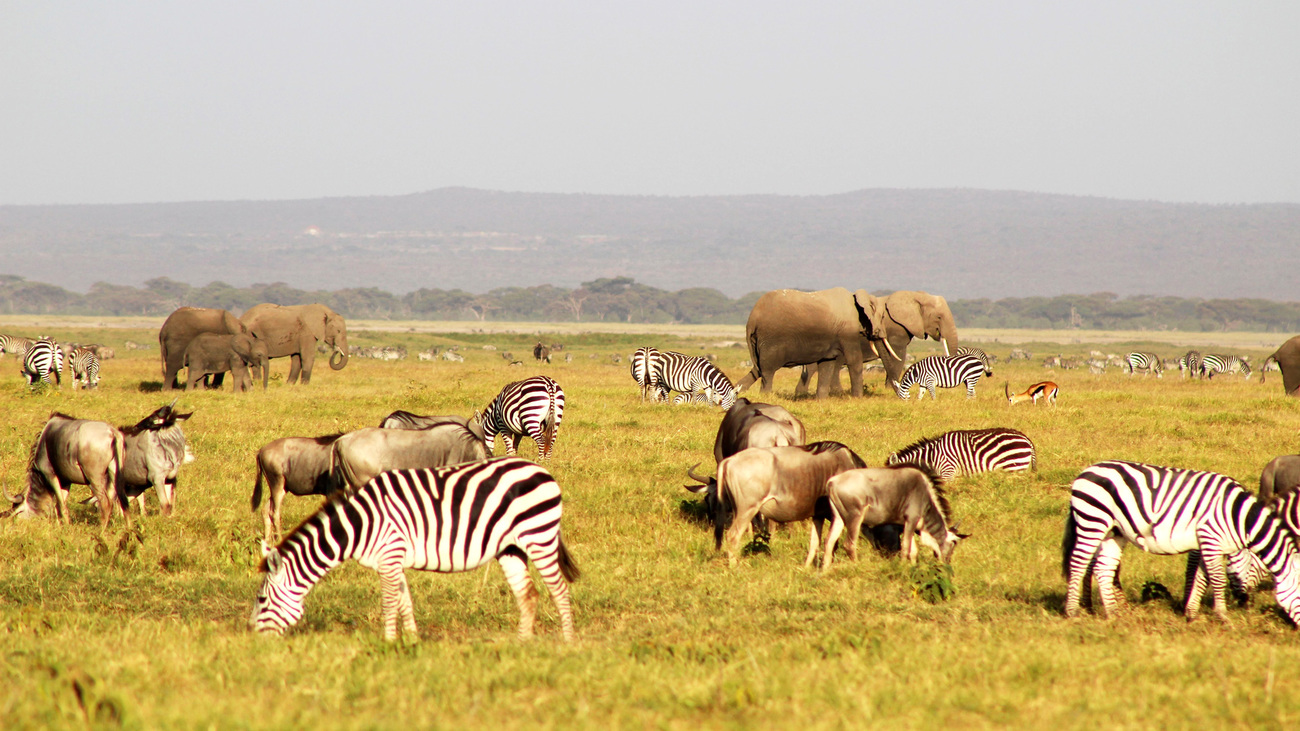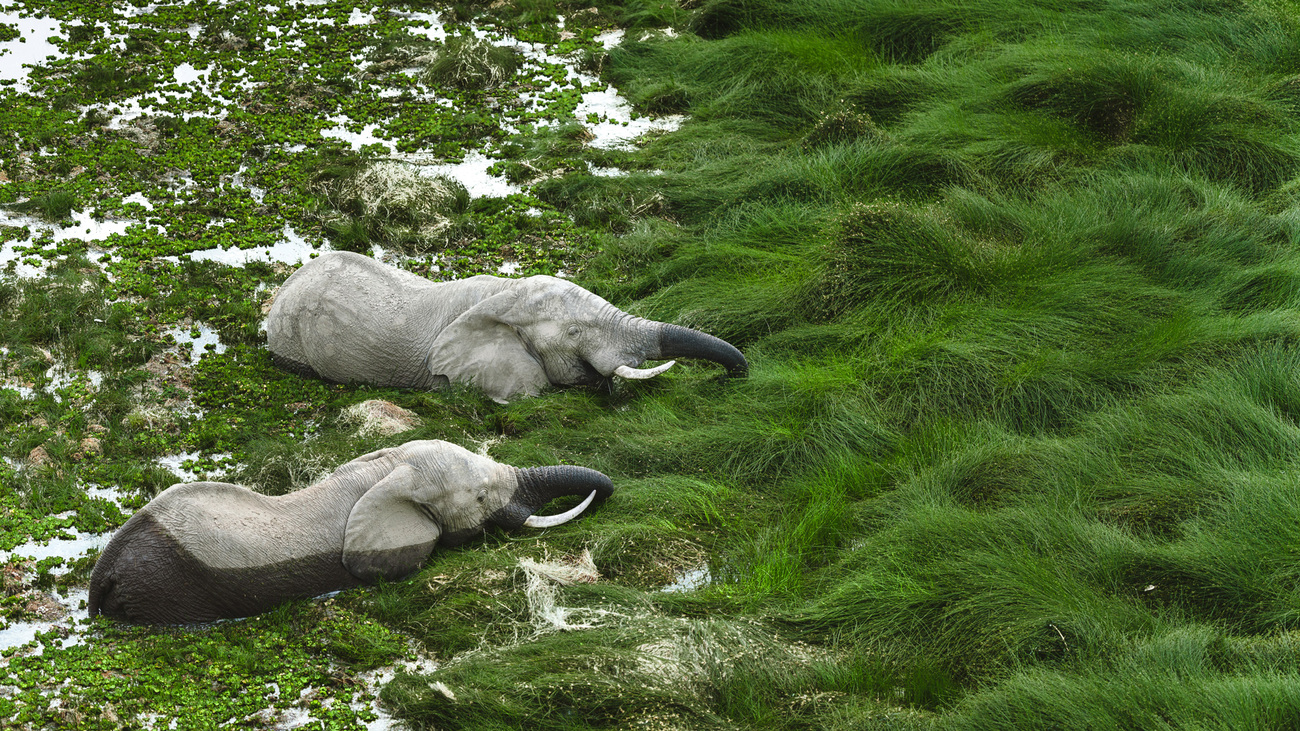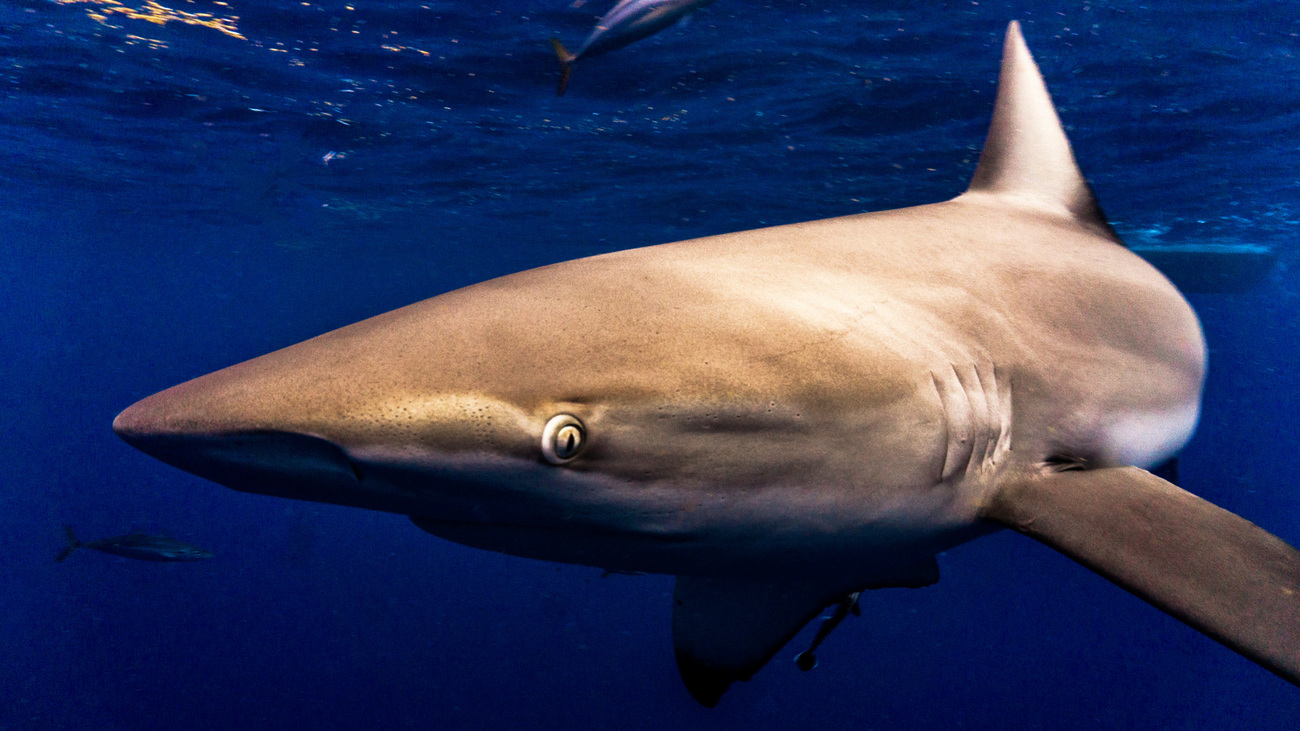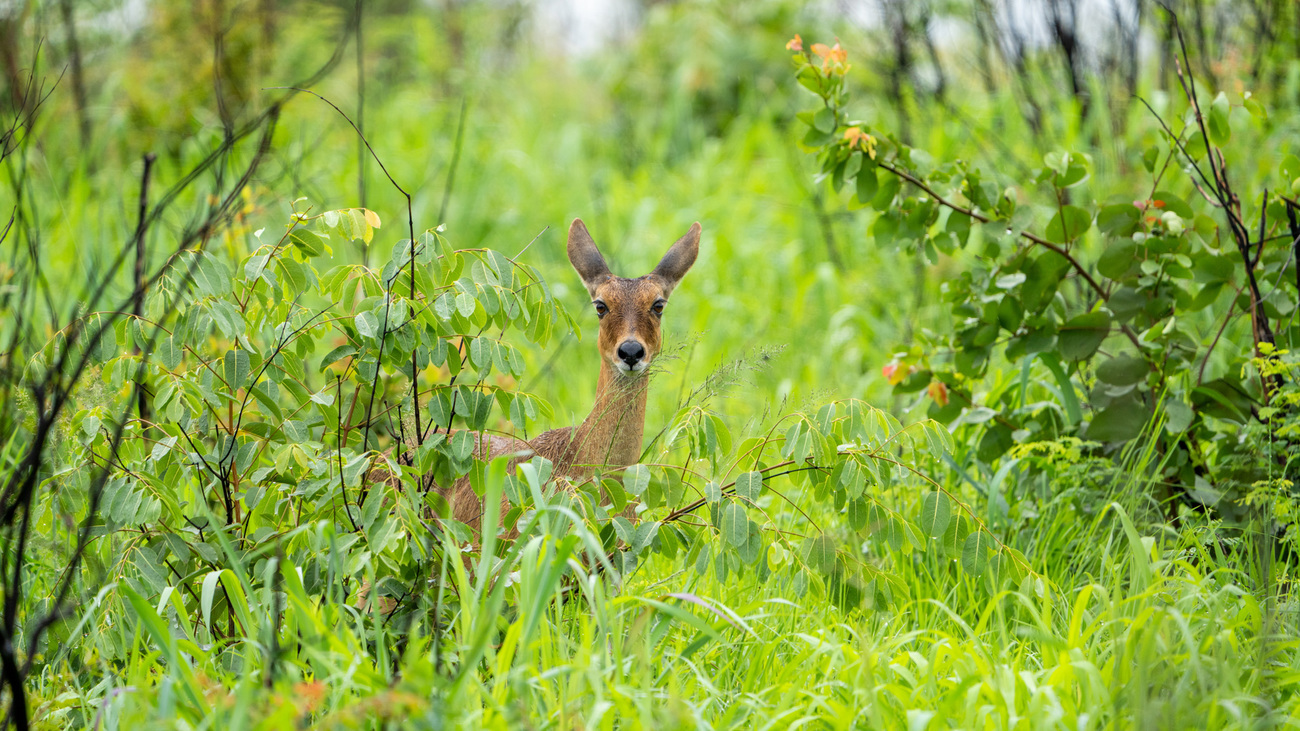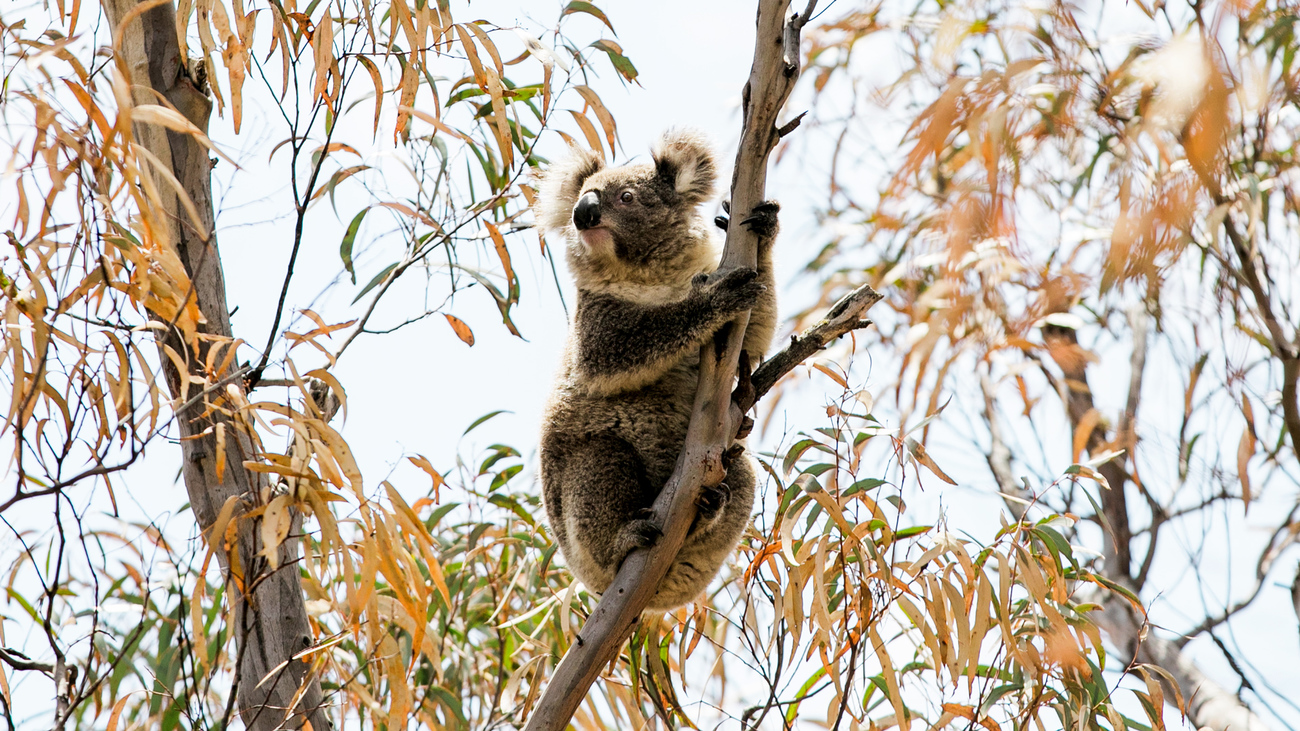international policy
international policy
IFAW actively engages in advocacy work, both nationally and internationally, because we believe that safeguarding habitats and species in the long-term relies on protection provided by laws and policies. We build project-advocacy linkages, get IFAW priorities on agendas, support the implementation of decisions and forge strategic partnerships with governments, nongovernmental organizations, funders and other stakeholders to amplify those speaking about our priorities.
Our International Policy team provides direct support and advice to governments based on our many years of on-the-ground project experience. IFAW provided policy advice and implementation assistance to 49 governments in FY22.
preserving the protection of animals and habitats in global agreements
advocating for change at the IUCN World Conservation Congress
In September 2021, the IUCN World Conservation Congress (WCC) gathered governments, scientists, non-governmental organizations (NGOs) and Indigenous Peoples’ groups to explore pathways towards solutions on almost all aspects of environmental health. IFAW participated to support the adoption of resolutions to better protect animals and their habitats worldwide. Our focus ranged from the reduction of ocean noise to halting biodiversity loss.
All IFAW-supported resolutions were adopted, including an IFAW co-sponsored resolution aimed at better protecting our ocean environment and marine life. This resolution urges members to conclude negotiations on a new international treaty to conserve biodiversity on the high seas (areas beyond the control of individual nations) that would include the ability to create new marine protected areas and manage the impact of human activities on high seas marine life. Adoption of these resolutions will strengthen global commitments and set clear guidance for governments, international bodies and NGOs to cooperate, coordinate and enact better policies to protect nature.
negotiating in preparation for CBD CoP15
The Convention on Biological Diversity (CBD), the UN agreement to conserve nature, is currently negotiating a new global framework to guide countries’ efforts to safeguard nature over the next decade. It is hoped this new Post- 2020 Global Biodiversity Framework will be adopted at the CBD Conference in December 2022. In advance of that meeting, the CBD has been hosting a number of negotiating sessions to prepare the new framework. IFAW participated in the fourth of these meetings in Nairobi, Kenya, in June 2022.
The Post-2020 Framework is the driver behind the global call to conserve 30% of the earth by 2030—or what is popularly referred to as “30x30” in policy forums around the world. With biodiversity and ecosystems across our planet on the brink of collapse, IFAW will continue to advocate for ambitious targets to protect nature, stronger measures to protect species and eliminate trade in wildlife and increased investment by the international community for safeguarding our natural world.
strengthening protection for sharks and rays
More than 50% of shark species are threatened or near threatened with extinction. In March 2022, IFAW released a new report “Supply and Demand: The EU’s role in the global shark trade”, which found that the European Union (EU) plays a key role as a supplier and trader in the global shark trade—which is driving many species towards extinction. When effective management is put in place, shark populations have been shown to recover.
IFAW continues to advocate for listings of shark species by the Convention on International Trade in Endangered Species of Wild Fauna and Flora (CITES), which has led to action at the international and national level to create management for species threatened by the international trade in shark products.
We were happy to see the EU formalize its position for the 19th session of CITES (scheduled for November 2022), including co-sponsorship of the most significant shark proposal in CITES’ history. The proposal put forth by Panama aims to bring the majority of the shark fin trade under sustainable trade limits for the first time.
putting nature at the heart of climate action at CoP26
At IFAW, we’re putting nature at the heart of everything we do to combat climate change. We joined the UN Climate Change Conference (COP26) in Glasgow in October 2021 to inspire and encourage a far greater focus on investing in nature as a core tool to combat climate change. IFAW gave recommendations to help ensure that governments, non-governmental organizations and intergovernmental organizations take actions to protect vulnerable species, critical landscapes and seascapes, and communities disproportionately impacted by climate change. COP26 was critical because it was considered the last chance for governments to commit to significant enough changes to slow the dire rate of climate change and meet the goal of the Paris Agreement to keep global warming below 1.5 degrees Celsius. Studies show that nature conservation alone could account for up to a third of carbon mitigation needed to reach the Paris Agreement targets.
getting east coast koalas up-listed to endangered
For two years IFAW has campaigned for koalas in New South Wales (NSW), Queensland and the Australian Capital Territory (ACT) to be up-listed from Vulnerable to Endangered. In February 2022 our call was answered.
Australia’s then Environment Minister Sussan Ley made the announcement after IFAW, Humane Society International (HSI) and World Wildlife Fund-Australia submitted a joint nomination to the federal Threatened Species Scientific Committee in March 2020.
The decision means koala populations in Queensland, NSW and the ACT are now classified as Endangered under the Environment Protection and Biodiversity Conservation Act (EPBC Act) 1999, bringing greater protections for koalas and their habitats. The decision also recognizes the koala is one step further along the pathway to extinction and warns that without stronger protections, east coast koalas are at risk of disappearing altogether.
Strong evidence was submitted to support the nomination including scientific reports by ecological consultants Biolink, which revealed Queensland’s koala population has crashed by an estimated 50% since 2001, and up to 62% of the NSW koala population has been lost over the same period.
The campaign garnered international support with more than 250,000 people around the world signing an IFAW petition in support of these greater protections for koalas.
This is not the end of the campaign, however, and there is much work to be done. Koalas don’t stand a chance unless their habitat is protected. IFAW continues to work with local, state and federal governments to protect the places koalas call home.
IFAW thanks all our donors, supporters and partners around the world who enabled our impact in securing stronger conservation measures in international arena in FY22.
Stay in the know. Be ready to act.
You’ll receive news, updates on activities and on future giving opportunities. You can unsubscribe at any time.